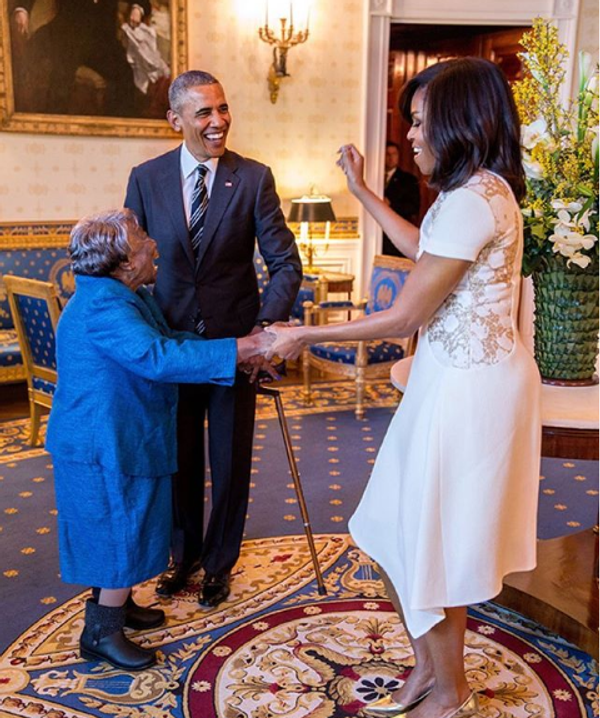Ahead of the Easter weekend, Pope Francis sent a message to the Organization for Security and Co-operation in Europe (OSCE)’s 17th Alliance against Trafficking in Persons Conference, which was held in Vienna on April 3 and 4 with a particular emphasis on the trafficking of children.
In his message, Pope Francis called modern-day slavery “a crime against humanity, a grave violation of human rights, and an atrocious scourge.” Recognizing that human trafficking is “worsening,” he said that this “evidence brings one to doubt the real commitment of some important players” in the global antislavery fight.
The OSCE conference endorsed the three P’s for antislavery activism – to prevent, to protect and to prosecute – while Pope Francis added a fourth: to partner. This element is essential as he claims “very little has been done to address the ‘why’ of many young people being tricked or sold into trafficking and slavery” which he attributes to “demand and supply,” highly ingratiated and perpetuated by conflict and war, economic hardship, underdevelopment, a lack of access to education, natural disasters, unemployment and extreme poverty. He encouraged collaborative efforts and government partnerships with civil and religious organizations to implement effective programs and provide such organizations with the necessary tools to protect and restore survivors. He asked us to recall that “many victims turn to civil and religious organizations because they have learned to mistrust public institutions or are afraid of being punished” as many traffickers teach their victims to be fearful of law enforcement, as a manipulative mechanism to keep them under exploitation and not seek freedom.
Pope Francis’ impassioned words, advocating on behalf of victims and survivors, delivered a unique family-centered approach to protection and prevention; in his words, the “protection of children requires the protection of families,” for children are “a sign of hope, a sign of life, but also a ‘diagnostic’ sign, a marker indicating the health of families, society, and the entire world.”
The epidemic of modern-day slavery has obviously captured the Pontiff’s concern; the Pope praised the work of antislavery organizations at the Santa Marta Group conference in October 2016 for working to end “one of the major challenges of our time.” In January 2017, the Pontiff blessed the work of a delegation from Baton Rouge, Louisiana for their efforts with “Metanoia,” which provides refuge housing and restoration for adolescent trafficking survivors. He passionately spoke about the global rise of modern-day slavery again later that month before 40 representatives from Italy’s national anti-mafia and anti-terrorism offices; he called for greater protections for trafficking survivors who are victims of a criminal enterprise that is “stained with human blood.” He called on government officials around the world to “decisively combat this plague" of modern-day slavery on February 8, 2017, in honor of St. Bakhita’s feast day – a day of prayer for trafficking victims. And, this was not the first time Pope Francis has been vocal about defending the voiceless, as he even shared his thoughts on crises as recent as the Dakota Access Pipeline and Water Protectors movement to the urgent issue of climate change and global warming.
With Easter closely approaching - and the Easter candy, we are about to enjoy symbolic reminders of the industry’s use of the child slavery the Pope calls our attention to – I pray for the Pope so that he may continue to be a guiding moral compass for many and use his platform to highlight the grave suffering of the forgotten and most vulnerable of people.



















